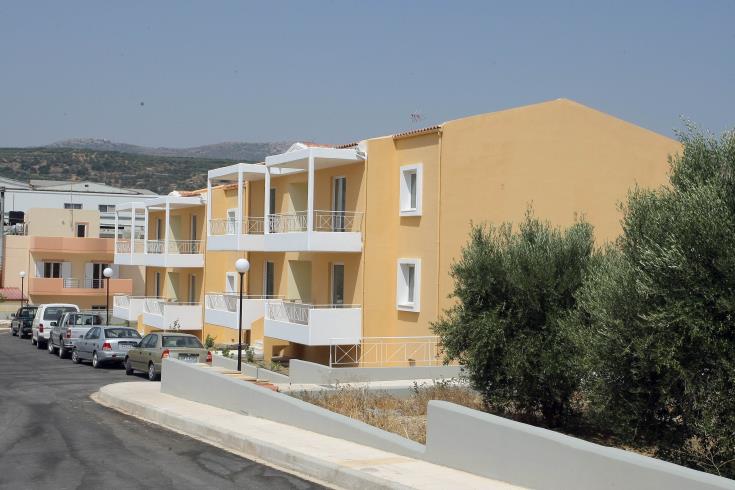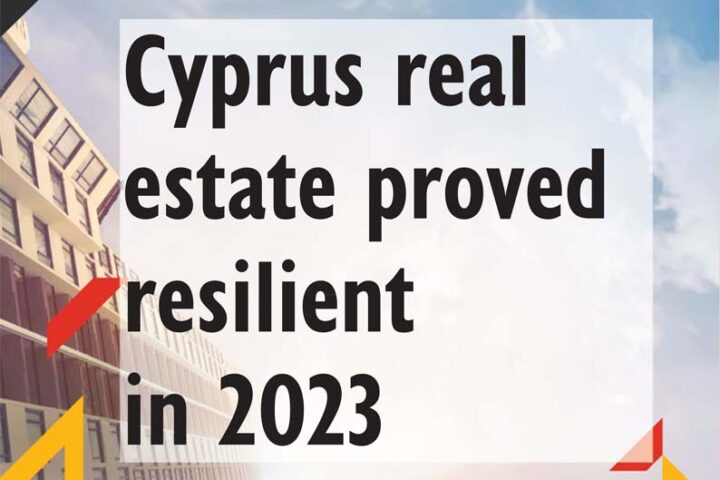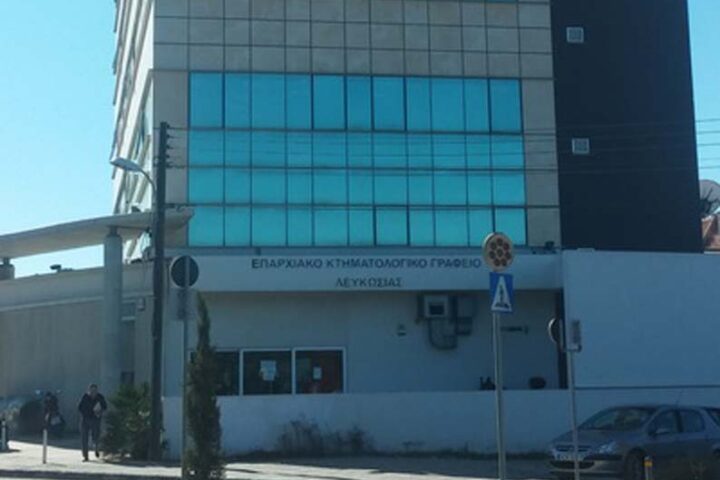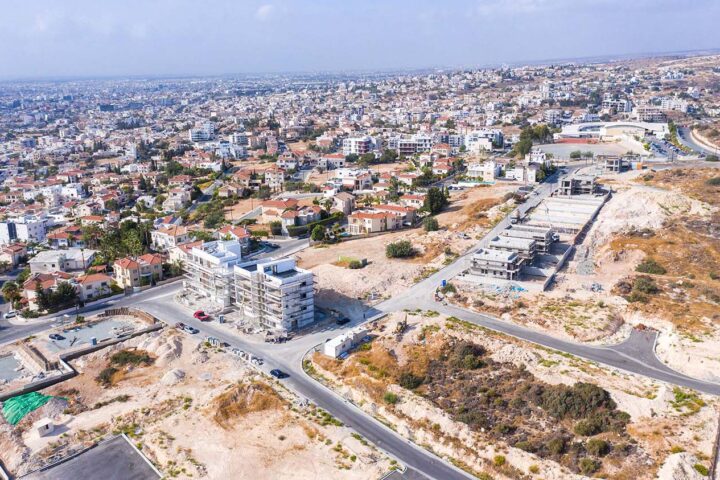By Antonis Loizou
The real estate market is improving, with regards, especially, the revival of the demand for residential apartments.
After stagnancy of development (2008-2016), an increase in the population, the provision of bank loans (be it with difficulty) and increasing confidence in the economy have caused demand to rise steadily over the last few years (2016-2019).
We do not refer to the Limassol towers at this point, whose demand comes from the foreign market, but we restrict ourselves to residential apartments for locals.
Returns for residential apartments is around 4% based on their market value, which is most competitive by comparison to the deposit interest rates, which are now ½%-1% p.a. and going down (and based on press reports, they will soon experience a negative rate).
The 4% return reflects the gross income (i.e. before allowing for expenses, void periods, Municipal taxes etc.) which in the end reduces the return to 2½%-3½%, depending on the expenses (higher expenses for older apartments).
We recently experienced an interest by MPs regarding the regulation of the common expenses law and the eviction for non-paying tenants for rent, with summary proceedings of 1-2 months.
If these proposals are voted in, interest for apartments will increase, causing an analogous increase in their value.
We hereby provide the prevailing monthly rental income of residential apartments (which of course can vary depending on age, location, quality and the services provided).
| Nicosia | Limassol | Paphos | Larnaca | |
| 1 bed | €500 | €600 | €400 | €400 |
| 2 bed | €620 | €750 | €500 | €550 |
| 3 bed | €800 | €900 | €600 | €700 |
The basic “ideal” requirements demanded by the market are:
- Covered parking
- One bathroom/w.c. per bedroom
- Spacious verandahs
- Low common expenses
- Well maintained apartment building
- Proximity to schools, workplaces, children’s parks
Prices of new apartments have an average sales price of €2,000-€2,500/sq.m. and for the older units (depending on their age/repair/location) around €1,000=€1,500/sq.m.
With such a difference, it pays for local buyers to buy older apartments and do them up.
What is notable is the demand for smaller units (studio/1 bed units) suitable for students and especially for those which are close to local colleges/universities. Notwithstanding that supply for such units is increasing, the numbers of students are increasing at a faster rate, something which provides security for investment in the future.
The Government in its effort to curb rent increases (approximately 30% increase on average over the last couple of years) has offered incentives which include the increase of local building densities for such uses (sell or rentals) by 20%-25% of the prevailing co-efficient.
Having examined these incentives however in detail, their attraction to developers and investors is rather questionable.
The fashion for large villas seems to be fading, for reasons of cost, as well as the high cost of maintenance, reduction of large families and lifestyle changes.
Buyers opt for the less expensive units and opt to buy “large” apartments within the town centre rather than the villas.
For those who have the financial ability to construct/buy an individual home, they must pay special attention to the garden availability and the use of new materials, especially regarding the solar heating/photovoltaic, insulation which reduces energy consumption.
The construction cost of an ordinary house in residential areas is similar to the acquisition costs of an apartment, but then these houses are located mainly in the periphery of the town and in ½ building plot’s size.
This, however, creates other problems to do with travelling to and from work, children’s friends visiting, private lessons etc.
Coming back to rental levels, we urge owners to pay more attention to the security of income (rent) as opposed to the level of the income.
Aiming for high rentals may lead to non-payment of rents, delayed payments, void periods, non-payment of common expenses etc., which might lead to legal battles, something which takes years to be resolved. This, in addition to the possible demands that an incoming tenant may require (such as repainting).
Our opinion is to try to keep the tenant as long as possible and the provision of the basics, such as kitchen equipment, washing machine/dryers, air conditioning increase the attraction of a unit to let.
For those who are more particular, the installation of a security system, security door, ceiling fans is an added plus.
Beware, however:
- Leases for a period less than one year requires 4 witnesses (2 for each party) otherwise the lease contract may not be valid.
- If the rented property falls within the statutory tenancy law, prepare a contract which increases sharply the rent after a certain period, with the tenant having the right to leave.
- Include with the rent the common expenses avoiding in some way the problems that the tenants may create from non-payment of the common expenses.
- Insist on the provision of guarantors which will reduce the risk of the tenant not abiding with the lease terms.
- Attempt to place a maximum number of occupiers (e.g. 2 people per bedroom) protecting the landlord from over-crowding and which reduces the risks of sublets (including Airbnb).
- Keep receipts of your expenses not only for income tax purposes but in the event of a resale, it will help against capital gains tax.
- Insert in the lease agreement the right of the landlord to visit the property, be it that this is not so adopted in practice. In a recent case, the tenant placed in the washing machine small mats, destroying the machine, whereas another had the a/c operating for 24 hours and at the end, another was using the bedrooms for marijuana growing!!
Keep a good watch on your investment dear readers.
28/11/2019










